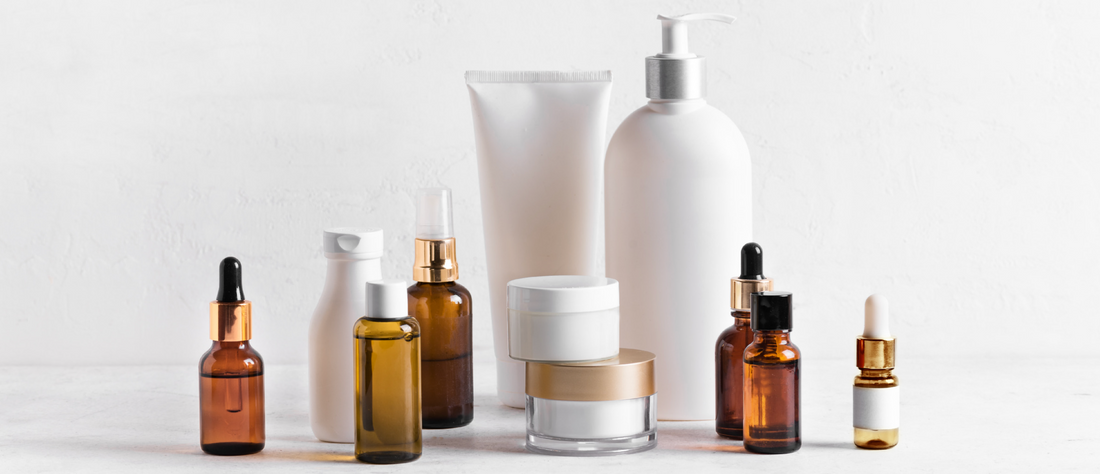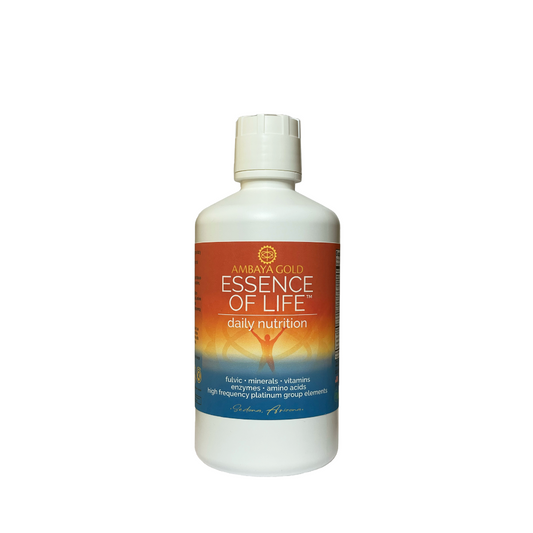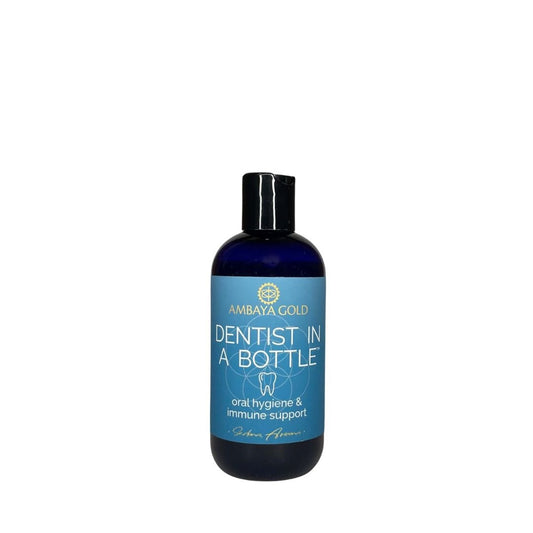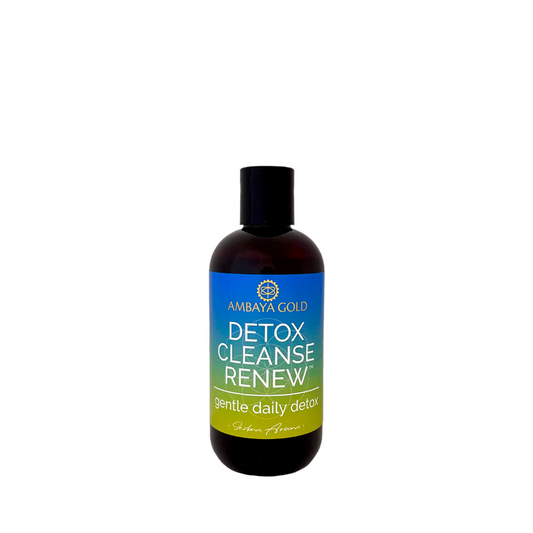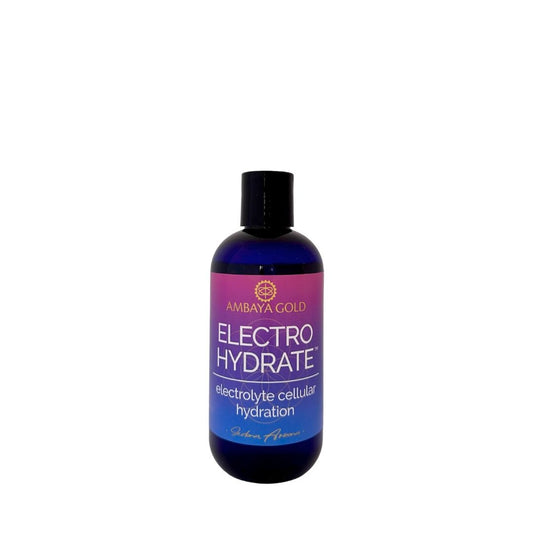Every day, we use a variety of personal care and beauty products to maintain our hygiene and enhance our appearance. However, many of these products contain harmful ingredients that can pose serious health risks over time. In this blog, we’ll explore some of the most common toxic ingredients found in personal care and beauty products and discuss safer alternatives.
The Reality of Harmful Ingredients
Despite the sleek packaging and enticing fragrances, many personal care products harbor hidden dangers. Big companies use synthetic, harmful ingredients that can cause immediate skin irritation, long-term health issues, and environmental harm. Here are some of the most prevalent offenders:
1. Phthalates
- Found In: Fragrances, nail polish, hair sprays, deodorants, and lotions.
- Health Risks: Phthalates are known endocrine disruptors, which means they can interfere with the body’s hormone system. This can lead to reproductive issues, developmental problems in children, and even increased risk of certain cancers.
- Alternatives: Look for products labeled "phthalate-free" and choose those with natural fragrances derived from essential oils.
2. Parabens
- Found In: Shampoos, conditioners, body washes, and lotions.
- Health Risks: Parabens are used as preservatives but are also endocrine disruptors. They can mimic estrogen in the body, potentially leading to hormonal imbalances and an increased risk of breast cancer.
- Alternatives: Opt for products that use natural preservatives like grapefruit seed extract or products labeled "paraben-free."

3. Sodium Lauryl Sulfate (SLS) and Sodium Laureth Sulfate (SLES)
- Found In: Shampoos, body washes, and toothpaste.
- Health Risks: These surfactants can cause skin and eye irritation. They can also strip the skin of its natural oils, leading to dryness and irritation.
- Alternatives: Choose products with gentle, plant-based surfactants like coco-glucoside or decyl glucoside.
4. Triclosan
- Found In: Antibacterial soaps, toothpaste, and deodorants.
- Health Risks: Triclosan can disrupt thyroid function and contribute to antibiotic resistance. It’s also harmful to aquatic life when it enters waterways.
- Alternatives: Use regular soap and water for handwashing and look for triclosan-free personal care products.
5. Formaldehyde and Formaldehyde-Releasing Preservatives
- Found In: Nail polish, hair treatments, and certain cosmetics.
- Health Risks: Formaldehyde is a known carcinogen that can cause skin irritation and allergic reactions.
- Alternatives: Select nail polishes and cosmetics labeled "formaldehyde-free" and avoid products with ingredients like DMDM hydantoin or quaternium-15, which can release formaldehyde over time.

6. Fragrances
- Found In: Nearly all personal care products, including perfumes, shampoos, and lotions.
- Health Risks: Synthetic fragrances can contain a host of undisclosed chemicals, including phthalates, that are not listed on labels. These can cause allergies, skin irritation, and hormonal disruptions. Quick Test: Viral videos have been circulating where common perfume is sprayed on a small plant. Hours or a few days late the plant has shriveled up and died!
- Alternatives: Choose products that use natural fragrances from essential oils or are labeled "fragrance-free."
7. Benzophenone and Oxybenzone
- Found In: Sunscreens and lip balms.
- Health Risks: These chemicals are linked to endocrine disruption and can also cause allergic skin reactions. They are also harmful to coral reefs and marine life.
- Alternatives: Use mineral-based sunscreens with active ingredients like zinc oxide or titanium dioxide, which are safer for both humans and the environment.
Safer Alternatives and Tips for Choosing Personal Care Products
1. Read Labels Carefully: Familiarize yourself with common harmful ingredients and always check product labels before purchasing.

2. Choose Natural and Organic: Opt for products made with natural, organic ingredients whenever possible. These are less likely to contain harmful chemicals.
3. DIY Options: Consider making your own personal care products using simple, natural ingredients like coconut oil, shea butter, and essential oils.
4. Look for Certifications: Certifications like USDA Organic, EcoCert, and COSMOS can help identify products that meet stringent safety and environmental standards.
5. Research Brands: Support brands that are transparent about their ingredients and committed to using safe, non-toxic formulas.
Our skin is our largest organ, and it absorbs much of what we apply to it. By becoming more aware of the harmful ingredients in common personal care and beauty products, we can make better choices for our health and the environment. Switching to safer alternatives and supporting brands that prioritize clean, non-toxic ingredients can make a significant difference in our overall well-being.
Ambaya Gold Personal Care and Beauty
At Ambaya Gold, we believe that personal care should not come at the cost of your health. Our organic beauty line and personal care products contain only the highest quality natural ingredients, free from harmful toxins. We offer a range of products, including soap, face toner, moisturizer, lotion, and mouthwash designed to nourish you inside and out.
Our commitment to purity means you won't find any of the harmful chemicals mentioned above in our products. Instead, we use ingredients that are not only safe but beneficial for your overall health.

- Soap: Made with natural oils, Zeolite, and botanical extracts to cleanse without stripping the skin.
- Face Toner: Formulated with gentle, plant-based ingredients to balance and refresh your complexion.
- Moisturizer: Quenches thirsty skin with rose water, pure cocoa butter, shea butter, glycerin, as well as a combination of high-quality plant-based oils.
- Lotion: Lightweight and nourishing, ideal for keeping your skin smooth and supple.
- Mouthwash: We use an innovative blend of natural ingredients and ingestible formula, provides a refreshing and safe total oral care rinse. Crafted with a combination of potent essential oils and beneficial elements like Fulvic (known to promote maximum absorption and offer unparalleled bioavailability) and Silver, it not only freshens breath but also supports overall oral health and immunity naturally and holistically.
Understanding the harmful ingredients in common beauty products is the first step towards making safer choices. By opting for products like those from Ambaya Gold Ancient Secrets Beauty, you can protect your health and enjoy the benefits of natural, toxin-free skincare.
Resources
- Centers for Disease Control and Prevention (CDC). [Phthalates Factsheet](https://www.cdc.gov/biomonitoring/Phthalates_FactSheet.html)
- National Institutes of Health (NIH). [Phthalates](https://www.niehs.nih.gov/health/topics/agents/phthalates/index.cfm)
- U.S. Food and Drug Administration (FDA). [Parabens in Cosmetics (https://www.fda.gov/cosmetics/cosmetic-ingredients/parabens-cosmetics)
- Campaign for Safe Cosmetics. [Parabens](https://www.safecosmetics.org/get-the-facts/chemicals-of-concern/parabens/)
- Environmental Working Group (EWG). [Sodium Lauryl Sulfate](https://www.ewg.org/skindeep/ingredients/705996-SODIUM_LAURYL_SULFATE/)
- DermNet NZ. [Sodium Lauryl Sulfate Allergy](https://dermnetnz.org/topics/sodium-lauryl-sulfate-allergy/)
- U.S. Food and Drug Administration (FDA). [Triclosan: What Consumers Should Know](https://www.fda.gov/consumers/consumer-updates/triclosan-what-consumers-should-know)
- Mayo Clinic. [Triclosan: Harmful in Consumer Products?](https://www.mayoclinic.org/healthy-lifestyle/adult-health/expert-answers/triclosan/faq-20057861)
- U.S. National Library of Medicine. [Formaldehyde](https://pubchem.ncbi.nlm.nih.gov/compound/Formaldehyde)
- Environmental Working Group (EWG). [Formaldehyde and Formaldehyde-Releasing Preservatives](https://www.ewg.org/skindeep/ingredients/702512-FORMALDEHYDE/)
- Campaign for Safe Cosmetics. [Fragrance](https://www.safecosmetics.org/get-the-facts/chemicals-of-concern/fragrance/)
- Environmental Working Group (EWG). [Fragrance](https://www.ewg.org/skindeep/ingredients/702512-FRAGRANCE/)
- Environmental Working Group (EWG). [Oxybenzone](https://www.ewg.org/sunscreen/report/the-trouble-with-sunscreen-chemicals/)
- U.S. Food and Drug Administration (FDA). [Sunscreen: How to Help Protect Your Skin from the Sun](https://www.fda.gov/drugs/understanding-over-counter-medicines/sunscreen-how-help-protect-your-skin-sun)
- Environmental Working Group (EWG). [Skin Deep® Cosmetics Database](https://www.ewg.org/skindeep/)
- Campaign for Safe Cosmetics. [Tips for Safer Products](https://www.safecosmetics.org/tips-for-safer-products/)

